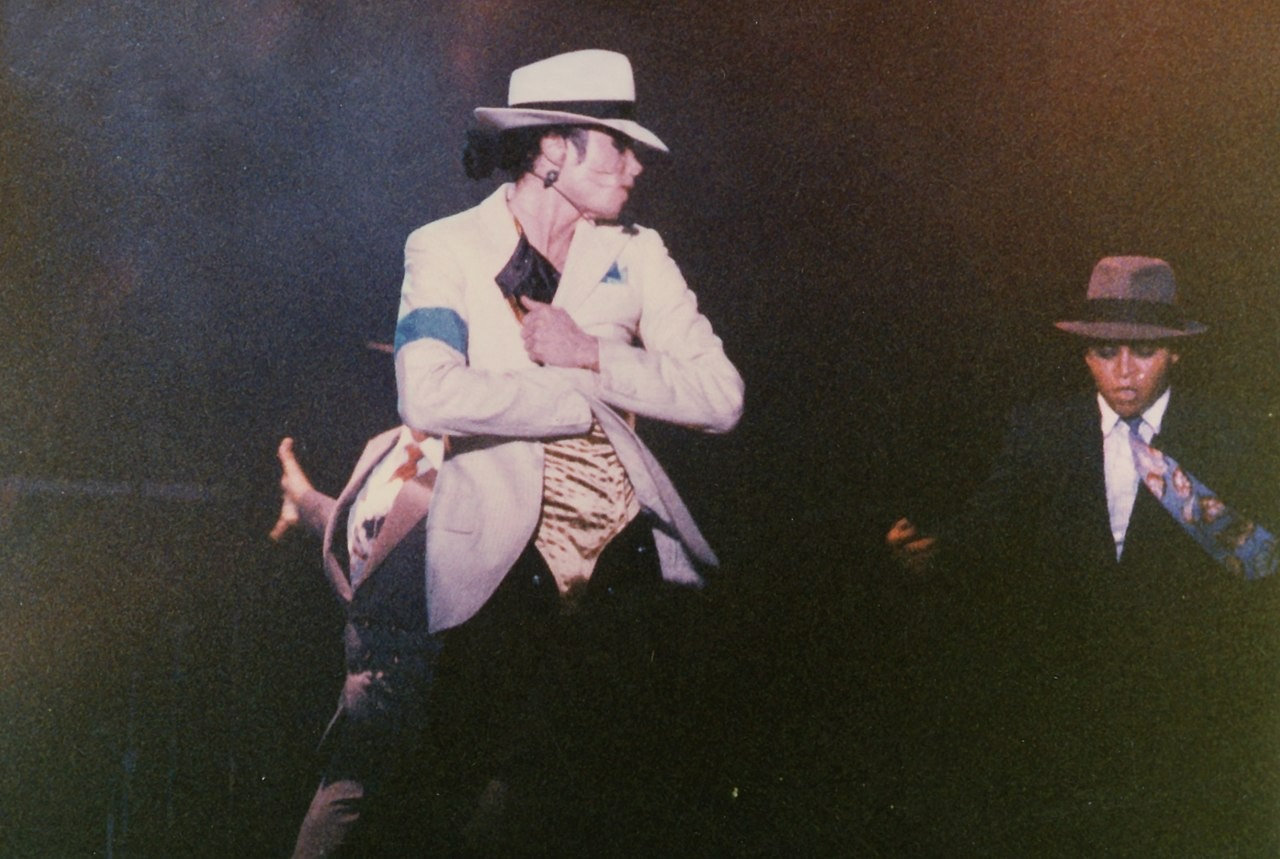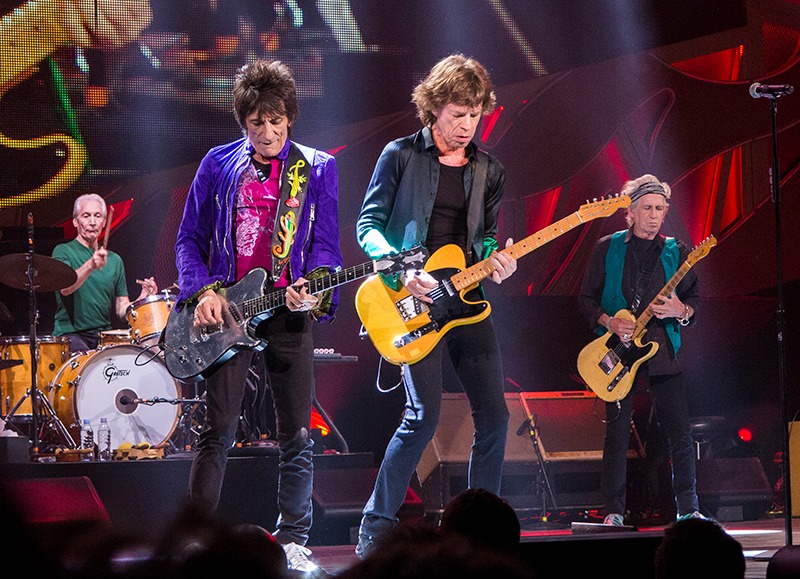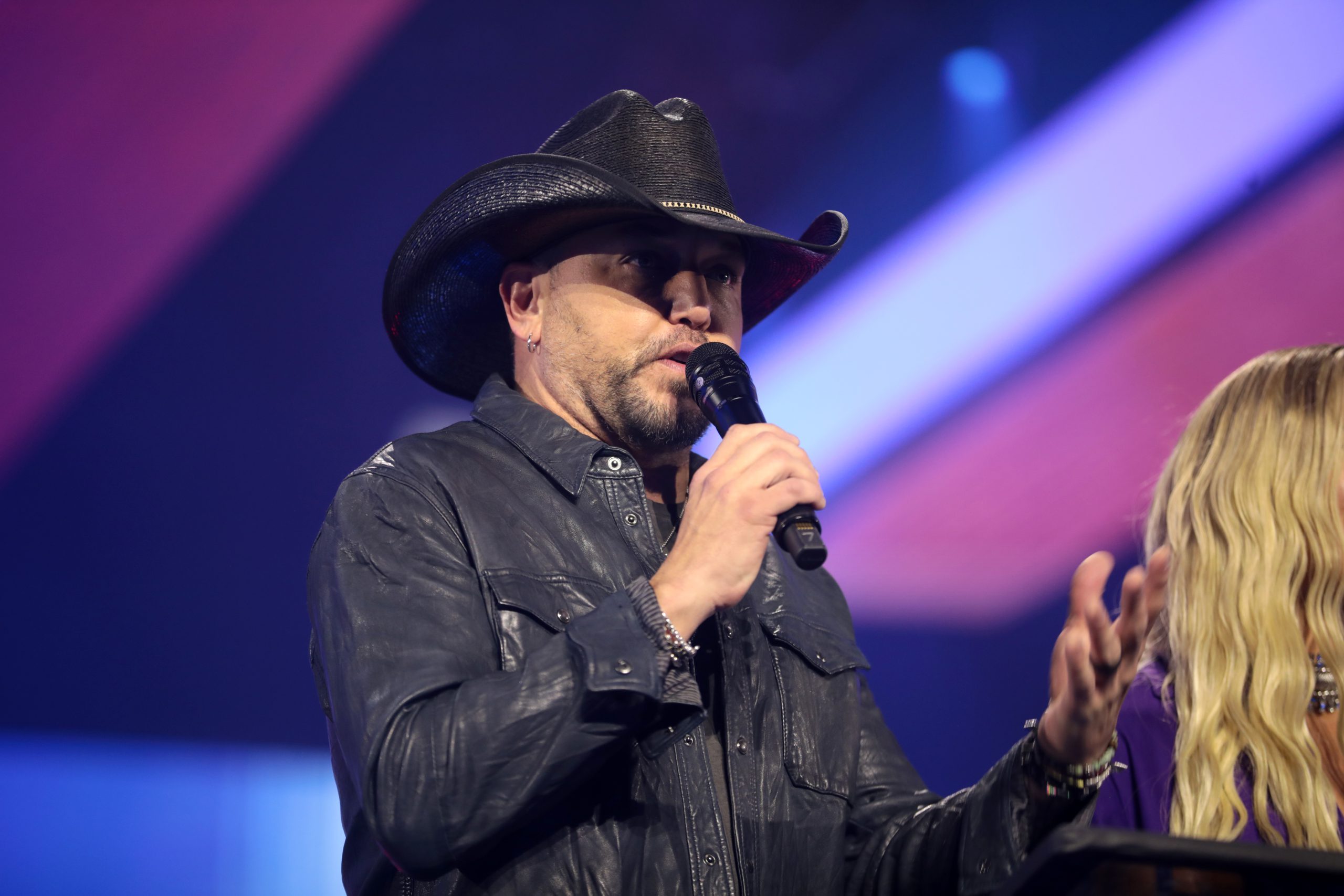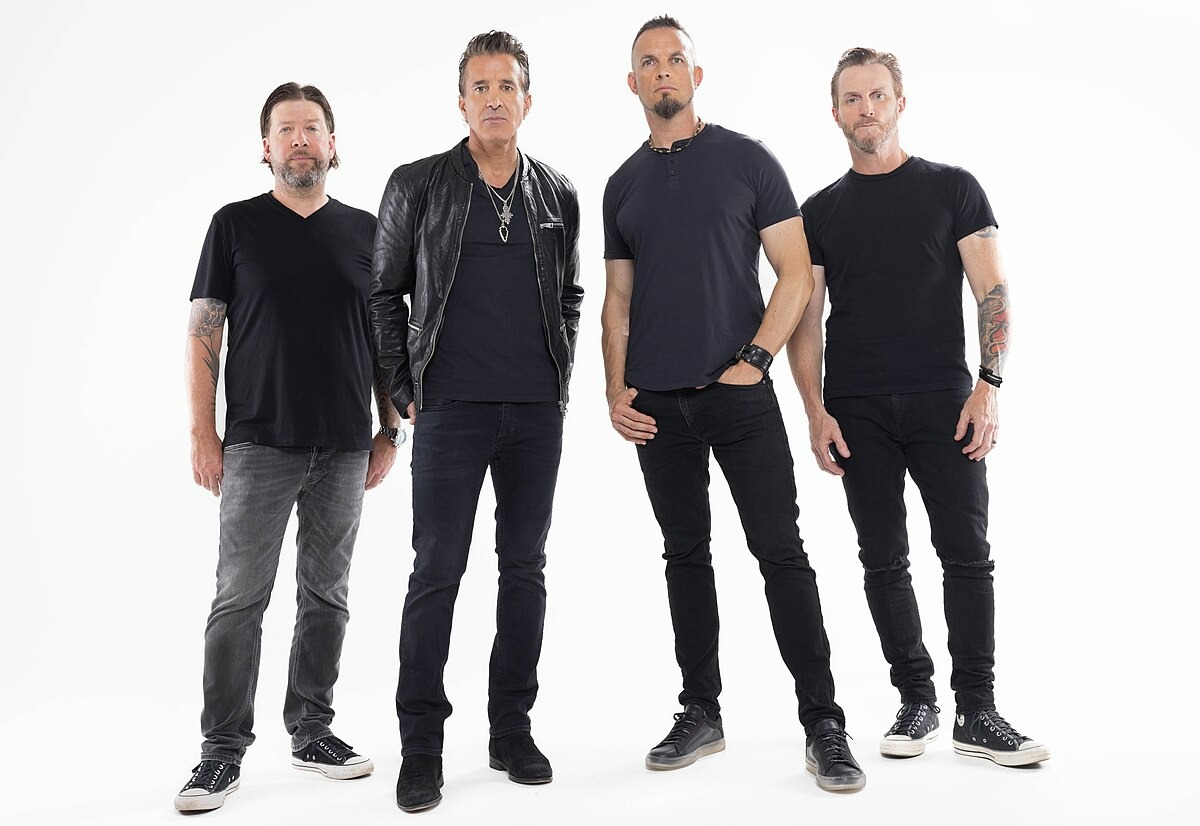Corporate accountability just got expensive for the Michael Jackson estate. Wade Robson and James Safechuck are demanding $400 million from Jackson’s business entities, alleging the companies enabled sexual abuse when they were children. This isn’t just another celebrity lawsuit—it’s a financial threat to one of music’s most lucrative posthumous empires.
Dismissed Cases Rise From Legal Grave
California’s appeals court revived lawsuits that seemed permanently buried.
The lawsuits targeting MJJ Productions and MJJ Ventures were originally dismissed due to statute of limitations issues. But California’s appeals court ruled in 2023 that Robson and Safechuck could proceed with claims that Jackson’s companies failed to protect them. The consolidated case heads to trial on November 23, 2026, with charges including:
- Negligence
- Negligent supervision
- Intentional infliction of emotional distress
Estate’s Billion-Dollar Catalog at Risk
The $400 million demand threatens one of entertainment’s most profitable legacies.
That $400 million figure surfaced through court documents related to a payment dispute between Paris Jackson and estate lawyers, revealing the financial earthquake if the estate loses or settles. Jackson’s catalog generates hundreds of millions annually through streaming, licensing, and the “MJ: The Musical” Broadway show. A massive payout could force asset sales or restructure deals that have made the King of Pop more profitable dead than alive.
Ghosts of Neverland Refuse to Disappear
Decades of allegations continue to shadow Jackson’s posthumous empire.
Jackson was acquitted of criminal charges in 2005 and died in 2009 without ever being convicted of sexual crimes. Yet allegations have shadowed his legacy since the 1990s, amplified by the 2019 “Leaving Neverland” documentary featuring Robson and Safechuck’s detailed accounts. The estate continues denying all allegations while managing a brand worth over $2 billion.
Industry Watches Precedent-Setting Battle
This case could reshape corporate responsibility across entertainment.
This case extends beyond Jackson’s legacy into broader questions about corporate responsibility in entertainment. If companies can be held liable for facilitating abuse by their star talent, every major label and management firm faces new legal exposure. The November trial won’t just determine monetary damages—it could reshape how the music industry handles misconduct allegations and protects vulnerable artists, especially minors.
The estate maintains its innocence while preparing for a battle that could either vindicate Jackson’s business legacy or cost hundreds of millions.

























